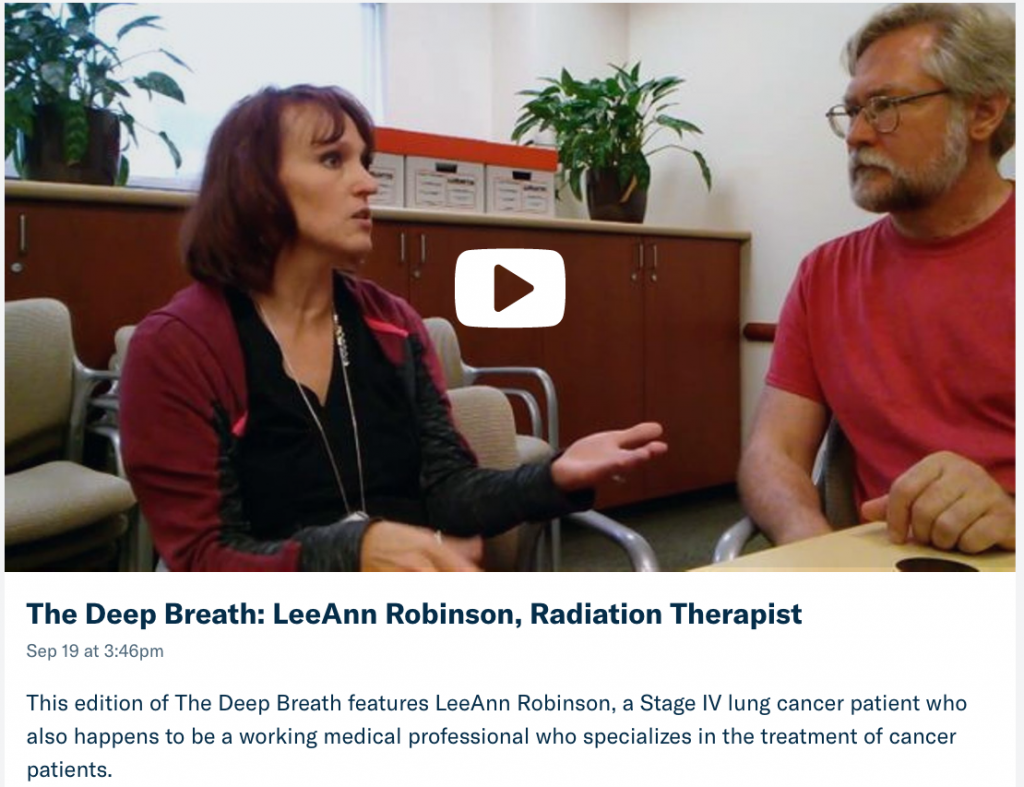I have friends who are long distance runners and I have watched them struggle through their pain to achieve their goals. Although I used to train for both cross country and track way back in middle-school, I can no longer run. But I do understand a thing or two about the process. And I appreciate what it means to endure hardships in search of a personal reward.
Beginning a Clinical Trial

At the end of May, I began participating in a clinical trial for Poziotinib, a new targeted therapy that works on mutations in the EGFR and HER categories. Naturally, within days of my May 23rd start, I had already begun exhibiting side-effects from the new medication. The resulting rash has persisted and spread, morphing into a completely new experience for me. I thought at the time that the minor ordeal I had in preparing for the clinical trial would have been the biggest challenge of the trial itself: first I went in for a “simple” needle biopsy procedure, then I had to stay to deal with the effects when things did not go exactly according to plan. The experience even inspired an opinion piece for the Philadelphia Inquirer. But I passed over that (still relatively minor) road bump and ran headlong into the clinical trial and resulting crash back into Rashville.
Having a rash does not sound all that bad in the grand scope of things. A little salve, a dollop of willpower, and it should be easy to weather. Itching too much? Slip on some gloves or spray it with lidocaine. Rashes pass. At least it is not nausea or debilitating pain or sleeplessness. Well, at least it is not nausea. Continue reading Endurance and Payoff
 I’ve been told on more than one occasion that it should not be my problem, that I should not feel obligated to hold somebody’s hand when I tell them about my “health condition,” and that I cannot be responsible for another person’s reaction to my disease. But I also consider the reality that most people know someone, quite often family or a close friend, who has struggled with a form of cancer. Depending on where you
I’ve been told on more than one occasion that it should not be my problem, that I should not feel obligated to hold somebody’s hand when I tell them about my “health condition,” and that I cannot be responsible for another person’s reaction to my disease. But I also consider the reality that most people know someone, quite often family or a close friend, who has struggled with a form of cancer. Depending on where you 